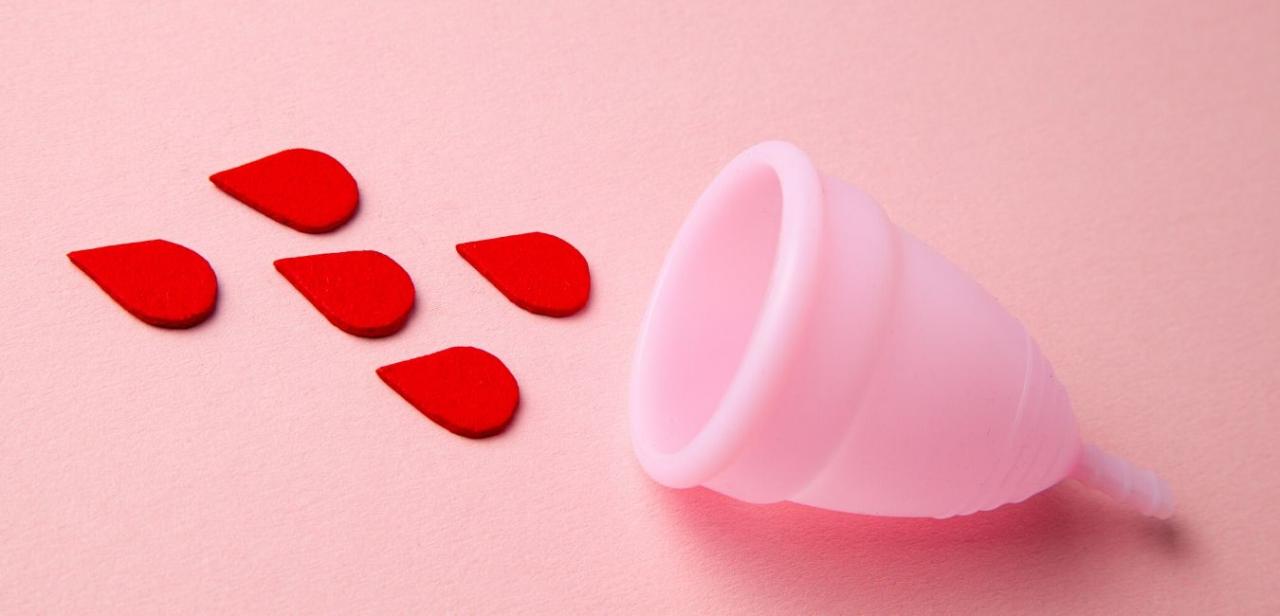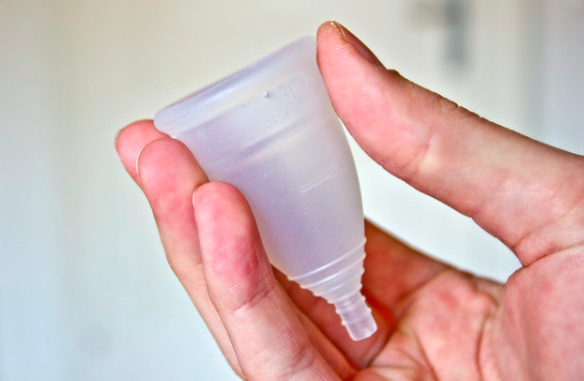Hello EmpowHer,
Me and my boyfriend had outercourse (dry hump) last Wednesday (November 30th) when he had no pants on and I only had my underwear on (it was thin but fabric). He didn't come at all, but we were both wet. My last period is on Nov 2nd and the day we did dry hump was the day I expected to have period. But I'm late for 6 to 8 days now (my cycle is quite stable around 28 to 30 days). I took antibiotics to treat my vaginal discharge from Nov 18th to Nov 25th, another one pill only for yeast infection on Dec 4th. I don't really see any left symptoms after taking the medicine, but to keep safe for my boyfriend, that's why we just outercourse. And we did the same again yesterday too. But this time I carefully checked, and my undies was a little wet because of my own lubricant (and maybe a little from his, but wasn't that much to leak through). I think last time was about this amount, or might be slightly more. Even though I know is highly unlikely for me to get pregnant this way, but do you think there is any chances, since I look up on the Internet, they said sperm cannot swim through fabric, but some said they can be soaked in fabric? What if his pre-cm soaked in my undies? Is my period late because of this outercourse, or because of any others factors? (antibiotics?) I took a pregnancy test 2 days ago, and it was negative. What should I do if my period is still not coming in the next few days? When should I take another pregnancy test and be reliable on that?
All user-generated information on this site is the opinion of its author only and is not a substitute for medical advice or treatment for any medical conditions. Members and guests are responsible for their own posts and the potential consequences of those posts detailed in our Terms of Service.




Add a Comment2 Comments
Hello lauren.lola,
Welcome to the EmpowHER community. Thank you for reaching out to us with your concern about a late period.
You were not at any risk for becoming pregnant. Sperm cannot pass through fabric.
However, antibiotics can can interfere with hormone levels and cause a delay in your period.
Most antibiotics are absorbed in the liver, and when they are present, the metabolism rate of estrogen as well as progesterone will be affected. This can interfere with the estrogen supply that is in the blood and cause an irregularity of the menstrual cycle.
When the estrogen levels change in the blood, your cycle will be affected because wrong information is being sent to the pituitary gland to release hormones as expected. Your body actually ovulates based on the pituitary gland’s ability to identify that sufficient estrogen is in the blood, so antibiotic treatment can affect all of these delicate balances.
Regards,
December 8, 2016 - 10:23amMaryann
This Comment
Thank you so much for your explanation. This is such a helpful information to know about our body :)
December 8, 2016 - 10:33amThis Comment